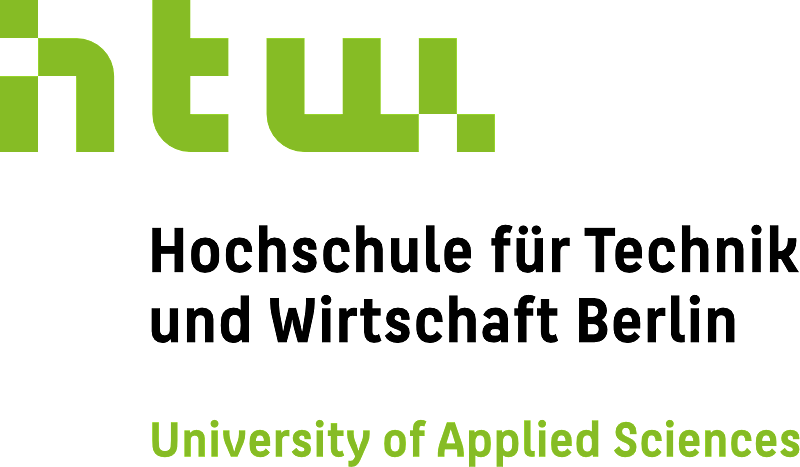

About the university
A broad range of subjects
The Hochschule für Technik und Wirtschaft Berlin (HTW Berlin) has around 14,300 students and stands for challenging studies, qualified graduates and practice-oriented research. As Berlin's largest university of applied sciences, it uses the diversity of its more than 70 degree programmes in the fields of engineering, computer science, business, law, culture and design for networked cooperation. The spectrum of subjects ranges from traditional disciplines such as mechanical engineering, automotive engineering and business administration to more recent disciplines such as health electronics, game design and professional IT business.
High quality of education
Rankings regularly confirm the high quality of education at the HTW Berlin. Foreign languages and key qualifications, such as on presentation techniques, are of great importance. The university's Career Service also organises events to facilitate students' transition into a professional career. Ideal conditions are provided for those who would like to complete part of their studies abroad. The HTW Berlin maintains contact with over 140 universities worldwide and has built up a dense network of cooperative relationships.
Research with practical relevance
Research is a core task for the HTW Berlin and a key factor for success. Research connects the university with the professional sector, scientific networks and companies. At the same time, it guarantees the high quality of studies and teaching. Researchers at the HTW Berlin contribute their ideas, expertise and contacts to more than 250 thematically wide-ranging third-party funded projects every year, which are usually carried out in cooperation with industrial partners. Many projects are specifically geared to the innovation needs of individual companies and branches or to local development opportunities. The HTW Berlin's expertise is particularly pronounced in the areas “Industry of tomorrow”, “Digitalisation” and “Creative industries”.
Interdisciplinary research teams
The agenda also includes topics for which various specialist skills are pooled. Only in interdisciplinary teams is it possible to develop holistic strategies, for example for the climate-friendly transformation of the energy supply, better healthcare, challenges posed by an ageing society or the digitalisation of culture and society.
< Previous | Overview | Next >
Facts & figures
- 14,395 students in total, including 5,722 female students and 3,700 international students
- 300 professors
- 220 research assistants
- 790 associate lecturers
- 390 technical, service and administrative staff
- 280 student assistants
- 5 faculties
- 75 degree programmes
Faculties
- Engineering – Energy and information
- Engineering – Technology and life
- Berlin Business School
- Computing, communication and business
- Design and culture
Products & projects